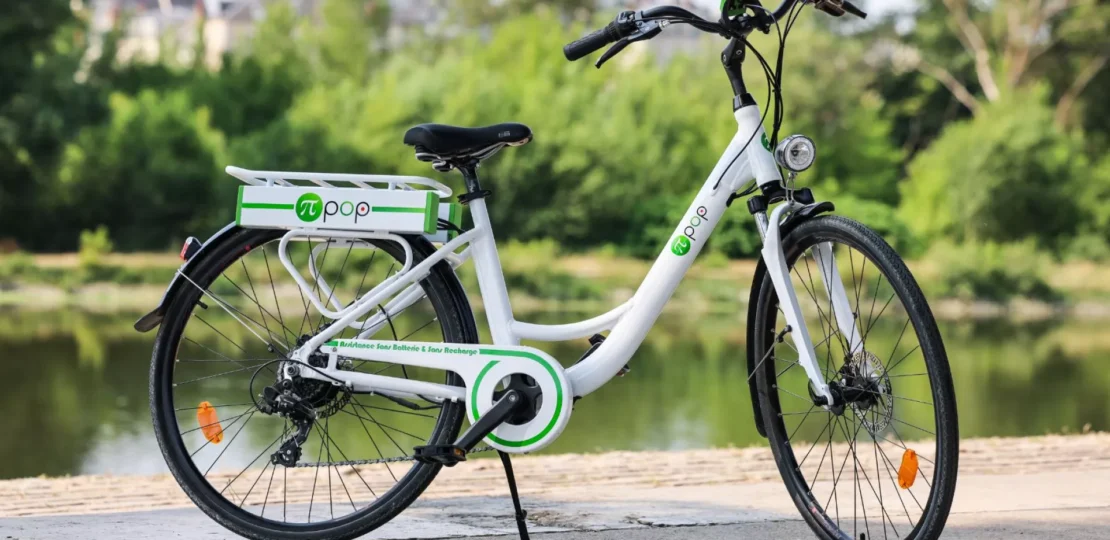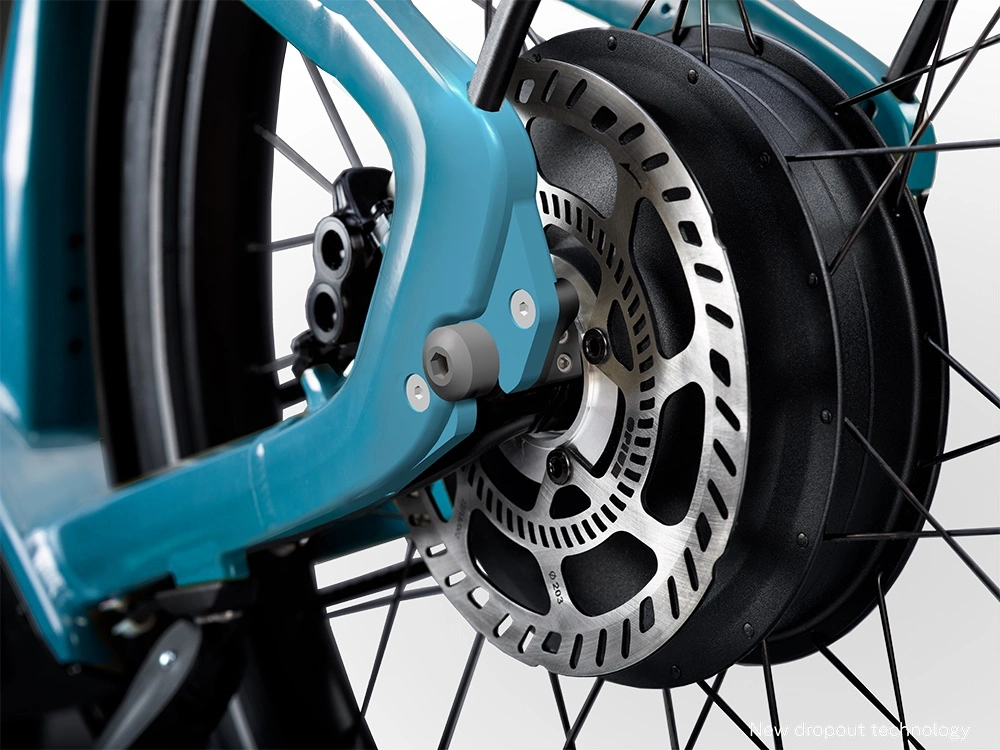
Electric bicycles have shaken up urban commuting in recent years, creating a convenient and sustainable transportation alternative. Traditional e-bikes still rely on lithium-ion batteries, the same ones that have raised sustainability and environmental concerns. With an ingenious solution that has just the right balance, French entrepreneur Adrien Lelièvre has come up with the Pi-Pop, a new type of no battery e-bike.
How Does the No Battery E-Bike Work?
Instead of relying on a lithium-ion battery pack, the Pi-Pop no battery e-bike uses advanced supercapacitors. Supercapacitors use an electrostatic method of energy storage as opposed to chemical- based batteries. The Pi-Pop stores energy in three 1 unique ways:
- Pedal Power: Energy from pedaling goes into the supercapacitors.
- Braking: The Pi-Pop harnesses kinetic energy that would otherwise be wasted during braking, just like regenerative braking in hybrid cars.
- Going down: When descending, potential (gravitational) energy is turned into electrical energy.
This stored energy helps cyclists in strenuous situations like climbing uphill or accelerating quickly, providing better cycling performance just when it is needed most.
Advantages of the No Battery E-Bike with Supercapacitors
Environmental Sustainability
Supercapacitors also remove the need for lithium or rare-earth metals typically found in conventional batteries. The Pi-Pop incorporates recyclable materials such as carbon, conducting polymers, aluminum foils, and pulp, greatly minimizing environmental footprint.
Superior Durability and Longevity
Pi-Pop e-bike uses supercapacitors instead of lithium-ion batteries, which have a life cycle of 10-15 years compared to their regular alternatives. And this longevity means long-term costs are lower and environmental waste is reduced.
High Efficiency
Supercapacitors are better for charging up and discharging energy quickly, which is well suited for a lot of starts and stops typical of urban commuting. The Pi-Pop no battery e-bike adds instant energy help to the riding experience.
Designed Specifically for Urban Commuting
At just 21.5 kg (47 lbs), the Pi-Pop is tailor-made for urban environments. With its advanced energy management system, it could guarantee reliable traction on normal city commutes and mild slopes, but it’s not intended for extreme mountainous regions, which is suffering from energy storage constraints at the moment.
Localized Production and Community Benefits
Adrien Lelièvre emphasizes local manufacturing, stimulating local economies while ensuring quality control. V-FORCE’s sustainable production method also creates local jobs and further solidifies the environmental benefits of the Pi-Pop no battery e-bike.
Challenges and Considerations
While there are major upsides, some obstacles still remain:
- Not for All Terrain: Most suited for flat urban terrain or mildly hilly.
- Limited Energy Storage: While supercapacitors charge and discharge rapidly, their energy density is lower than that of conventional batteries, which restricts uphill duration.
Future Prospects for No Battery E-Bikes
The Pi-Pop has the potential for green urban mobility. As supercapacitor technology evolves, current energy storage capacity limitations are likely to be overcome, allowing no battery e-bikes to be utilized in a much larger variety of scenarios.
Conclusion
The Pi-Pop no battery e-bike is the next progression on sustainable urban transport. Pi-Pop removes dependence on traditional batteries while implementing a sustainable alternative, leading the way toward cleaner, greener city travel.
RELATED POSTS
View all

